#ya fantasy trilogy
Explore tagged Tumblr posts
Text
Book Two of The Lightning Strike Trilogy: Bright Star
She's got the aesthetic ✨️
#lightning strike trilogy#rygaard#book#fantasy#ya fantasy trilogy#ya trilogy#ya book#ya fantasy#authors of tumblr#self published author#indie author#books of tumblr#book series#book aesthetic
0 notes
Text
#princess of the silver woods#jessica day george#princesses of westfalin#red riding hood#red riding hood retelling#robin hood#robin hood retelling#the twelve dancing princesses#fairytale#fairytale retelling#ya fantasy#ya fantasy trilogy#fantasy#book review#book#booklr#the grimm librarian
0 notes
Text
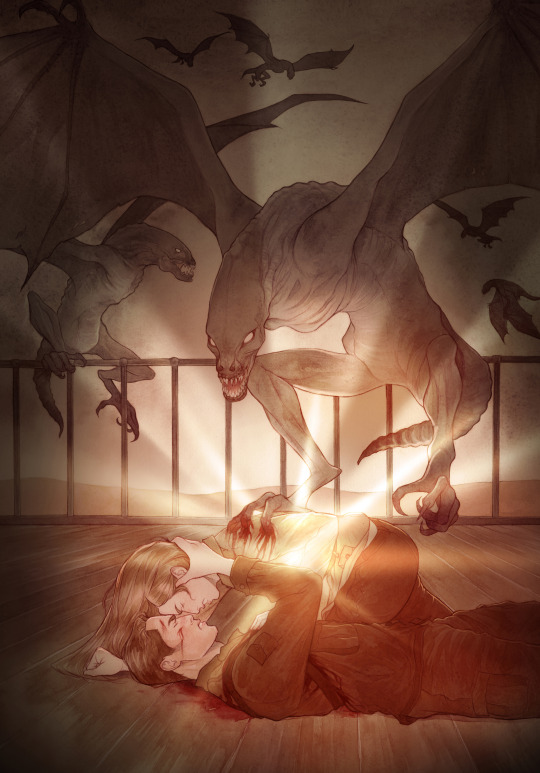
Alina and Mal get attacked by volcra, and her Sun Summoner powers finally show up (for the Litjoy Shadow and Bone box set)
#shadow and bone#alina starkov#malina#mal oretsev#grishaverse spoilers#the grisha trilogy#grishaverse#the grisha series#book characters#fantasy illustration#ya fantasy#volcra#sun summoner#fantasy art#ekbelsher
627 notes
·
View notes
Text
Alina Starkov - the most inconsistent main character. A tragedy of not wanting to have an identity.
The main character in Shadow and Bone trilogy, a prime example of "she deserved better". A.k.a. soldier, Sun Summoner, Sun Saint. In reality, a false saint and a false hero, who has less personality, goals, spine and consistency than her three love interests. How did this happen? Short answer - bad writing. Long answer? Here we go.
Her character at the beginning - a blank slate.
Physically small and weak, sickly, fragile, with a sour face and sourer attitude. Grew up in an orphanage funded by a Duke, who they were taught to basically worship while looking down on religion and beliefs in saints. Children in the orphanage were beaten if they misbehaved or didn't do chores, but were given education and fine food, which means they were faring better than peasants and farmers. Alina had not many, but several options in her life. She could learn a trade that would not require physical labour, like sewing. Or, she could marry and hope her husband was gracious enough to buy a donkey instead of making her carry heavy sacks of salt on her back, as we see a random man do to his wife. But Alina had no hobbies, interests, aspirations or ambitions in her life. Except her childhood friend Mal. Mal gets a mandatory draft in the First Army, and of course Alina follows, and settles for being a mediocre cartographer. Mal thrives in the army, showing off muscles and hooking up with women, while Alina dutifully waits for him saints know why. She doesn't have other genuine friends, she doesn't like people, she doesn't like anything. This is not a bad start in a sense that there is much room for growth and improvement.
Refusing to belong
Alina discovers she's a long awaited sun summoner, who can vanquish the Fold and unite Ravka. She doesn't want to be special, but not for the reasons you might think. Instead of fearing the burden of such an important task or genuinely becoming paranoid of being assassinated (she gets over those in five minutes), she just...doesn't want the responsibility of actually being useful for something. She'd rather not have powers at all, and go back to being in a constantly sickly state. She'd rather be tailing Mal like a mouse. Which doesn't make any sense for following reasons:
Alina's insecurities in SaB:
Not being pretty and talented
2. Not being as pretty and talented as Grisha
3. Being an orphan, being unwanted.
Being a Grisha actually solves all those problems for her. She gets prettier and healthier once she stops repressing her powers, has a unique cool power, and a community that cares for her. Plus, the support from important figures in Ravka. In time, she could have a family.
Instead, she refuses to acknowledge she's one of them, doesn't train properly, preferring to cling to her prejudices and make digs at Grisha. She'd rather complain that they're prettier, confident and pampered than acknowledge they are serfs, nothing but glorified servants with no basic human rights. Instead of her superstitions and prejudices being shattered when she starts living with them and realizing what Grisha have to go through, becoming rightfully enraged that her people are being treated this way, she still doesn't feel any empathy. In fact, she still doesn't see the General as a HUMAN BEING WHO MIGHT HAVE FEELINGS, even though he makes time in his busy schedule of running an army to make sure she's comfortable, jokes along with her, listens to her fears and reassures her, etc. Why would he go through the trouble if he was heartless? He's the General of the Second Army, by the King's law, she's his soldier. She is obligated to obey him regardless.
The narrative supports her delusions.
I get missing her friend, I get struggling to adjust, but it's more than that. Alina is getting dragged along from a plot point to a plot point kicking and screaming, as if she has anything better to do. She doesn't have a life, why is she so against of getting one? Once she finally somewhat adjusts to her life in the Little Palace, it turns out Darkling has had malicious intents towards her powers all along! Aha, you were right to be prejudiced, Alina! Now abandon your people, your country, and run!
“He … he said that Darklings are born without souls. That only something truly evil could have created the Shadow Fold.”
Imagine telling a person who saved your life that he was a soulless abomination, even though you do not know him, and he is still kind to you and reveals as much about him as he can. There is no grooming and manipulation here, it's just called not being a bitch. Darkling tells Alina he's over 120 years old, Alina is an adult, and the damned kiss was consensual. Of course he didn't tell her everything. Even regular people don't reveal their life-long ambitions and deepest childhood trauma to their crush after several conversations. It took Alina months to stop being in denial about being a Grisha, still didn't like being one, you're telling me if Darkling set her down and explained the complex political situation and his plan to overthrow the corrupt monarchy and bring an end to the war, Alina wouldn't jump out of the window?
Alina running away, not confronting the problem, and straight up deciding Darkling was evil incarnate with no evidence snowballed into Darkling deciding she couldn't be trusted and taking more drastic measures. Liberation of his people was on the line and one pesky girl screwed up a carefully planned coup because she couldn't handle her feelings.
False badassery
Throughout the whole three books, every time Alina makes a decision, it's immediately followed by self-doubt, shame and scorn. But no actual objective criticism. We often see variations of "It was foolish, but I didn't care", "I knew it was reckless but I couldn't bring myself to care", but never her actually analyzing why, or deciding not to do something like that again. Her small victories are immediately followed by thoughts on how would others feel about it, even though the person in question isn't even there and couldn't give less of a shit: "Never is it to be said that Ana Kuya didn't teach us manners", "A cheap trick, but a good one. Nikolai would be proud". Ana Kuya was an abusive mother figure, Nikolai was using Alina's status to get the throne. Sure, it's good that Alina is capable of learning useful things from every kinds of people, but she doesn't think "That was smart of me. I learnt that. I'm proud of myself for an accomplishment". She thinks "Is it good? Would they like it? They like things like that, right?". She attaches herself to people that fit her view of "deserving" and helps them, even though it might not be for the best. Extreme lack of self-worth, combined with entitlement.
When Alina hears a rumour Darkling ordered his heartrenders to sew a traitor's mouth shut, she's horrified. Even though that's hardly the worst punishment for a traitor in an army. But when some pilgrims insult Genya, she orders to have their tongues cut out after they're given only one warning. When Alina commits violence at slightest provocation, it's baddass. But when Darkling commits a controlled necessary military act to stop enemies from overrunning the country, it's madness and is falsely labeled genocide. Look up the definition, genocide is what was happening to Grisha.
The Darkling never kidnapped children and put them in the war zone. He only lied to Alina that he did, a clever strategy with no bloodshed. Meanwhile, Alina let her cult fight for her, whose members were brainwashed children, some only twelve years old.
When Alina faces a dilemma or a tense military situation, her go-to strategy is suicide. That is not martyrdom, nor it is badass.
Darkling became a bad person out of good intentions and desperation, Alina is just a bad selfish person.
Desperate people are the ones capable of the worst acts. Darkling didn't go nearly as crazy as he could, and frankly had a right to on behalf of his people.
"Aleksander had marched south with the king’s soldiers, and when they’d faced the Shu in the field, he’d unleashed darkness upon their opponents, blinding them where they stood. Ravka’s forces had won the day. But when Yevgeni had offered Aleksander his reward, he had refused the king’s gold. “There are others like me, Grisha, living in hiding. Give me leave to offer them sanctuary here and I will build you an army the likes of which the world has never seen.”
It doesn't matter how much genocide, prejudice, abuse and dehumanization the Grisha suffered through for centuries all around the world, Alina never bothers to look at the big picture. Her help is only for those who she deems worthy of it.
She attaches herself to people who fit her narrow-minded view of "worthy". She immediately believes Baghra's rather flimsy expose of Darkling, even though the old woman has been nothing but unhelpful to her, only insulting her and beating her. But Alina associates her with her only mother figure, Ana Kuya, another old hag she had a toxic relationship with. And even though Baghra is an immensely powerful Grisha who refuses to help or even lift a finger, or just spit out vital information, Alina coddles her and provides protection. Instead of telling her to fess up the useful information and save her unhelpful comments, Alina looks up to her as a mentor.
When Genya tells her story, Alina feels bad for her, but not bad enough to see things her perspective. She only becomes protective of Genya once she gets mutilated, out of pity. If it was genuine compassion, she would've forgiven and understood her from the start.
Every Grisha has been hunted and shamed for merely existing, almost every Grisha has lost a loved one to war. But Alina pointedly ignores it, because she doesn't personally know and care for those people. Therefore, she doesn't feel empathetic. Because if she feels empathetic, she might start feeling guilty about how she runs away from her responsibilities at every given opportunity. Just look at this passage:
“You know what he plans to do, Ivan.” “He plans to bring us peace.” “At what price?” I asked desperately. “You know this is madness.” “Did you know I had two brothers?” Ivan asked abruptly. The familiar smirk was gone from his handsome face. “Of course not. They weren’t born Grisha. They were soldiers, and they both died fighting the King’s wars. So did my father. So did my uncle.” “I’m sorry.” “Yes, everyone is sorry. The King is sorry. The Queen is sorry. I’m sorry. But only the Darkling will do something about it.”
The Darkling never wanted power for selfish reasons. He didn't want to take over other countries or lift Grisha above regular people. He wanted his kind to have basic human rights. Centuries of diplomacy and servitude only gave him enough power to make a school for Grisha children and save adults from slavery and getting slaughtered by serving nobles. He wanted to use the Fold as a border, to stop enemies from invading whenever they pleased, so he would have the time to save Ravka from collapsing. What has Alina done? Started a civil war, destroyed the Second army and helped put a morally dubious man with no claim on the throne to continue an outdated absolute monarchy tradition.
Alina Starkov was meant to be the sun, but turned out to be a trick of the light.
Every time it felt like Alina was emerging from her cocoon as a beautiful butterfly, embracing her true self, she went back to the toxic situationship and the toxic mindset. The narrative also always struck her down. Every book begins and ends with her being sickly, fragile, missing an essential part of herself. It would be good if it was written differently and showed themes of being disabled or having a chronic illness accurately, but it's not. It started out well. Alina was removed from an abusive environment, found a purpose in life, started loving her newfound powers, outgrew the stupid crush who she was way too dependent on, but it all went downhill from there. And then some. This constant vicious cycle does not fit the theme of growth and improvement, and neither does the ending, where Alina loses her powers and goes back to the orphanage. Once again, she's frail and strange, servants (who she now employs) don't respect her, sneer and make fun of her, while her now husband Mal turns a blind eye. Everything is back to the way it was: Mal thrives, Alina is...there. The ending is supposed to be bittersweet, a couple who survived a war building a new life together, but I don't see the sweet part.
Trick of the light - definition: something appearing different from what actually is as a result of the quality of light.
Darkling wanted her to be a strong Grisha, his equal and balance. Grisha wanted her to be a capable leader, Bataar twins wanted a living saint they could worship, Nikolai wanted a wife interested in Ravka and politics. Alina tried to be all of that, but never really wanted to be any of those, so she half-assed it. Mal wanted the version of Alina who was small and insignificant, because anything more made him insecure, and he got his wish.
Illusion, mirage, spectre.
No matter how much the author tries to tell us that Alina's every problem is Darkling's fault, her thought process and actions paint a different picture. Alina was never mentally healthy and she never addressed or resolved her problems. Growing up in a controlled and abusive environment affected her more than anyone, including herself, wants to admit. I am not a licensed psychiatrist, so I will refrain from officially diagnosing Alina, even though she's a fictional character. I am NOT saying I know for certain that Alina has these, if any, mental problems, but she does have some alarming symptoms. It seems like depersonalization. While her symptoms don't fit into one particular mental disorder, I am reminded of psychiatric infantilism, but it is not a mental illness with symptoms. Psychiatric infantilism doesn't necessarily mean the person acts outwardly childishly. To explain very roughly and simply, it means the psych is not as developed as it should be (even if the person is very smart and clever). It shows in avoiding responsibility or not feeling it at all, problems with social connections, not seeing the big picture and taking it seriously, etc. When Harshaw tells the story of his brother getting brutally murdered by people who hate Grisha, even brash Zoya is appalled and expresses her condolences. While all Alina thinks about is that Harshaw might base his hope of having a better life on her now.
Alina also might have Dependent Personality Disorder, but it's hard to say, since we are never shown her being on her own long enough to see whether or not she can take actually care of herself. But her relationship with Mal, Darkling and Baghra (after she no longer objectively needs them) is weird, to say the least.
She never gains the sense of self or an identity, she refuses to become something, then delivers an inner monologue of accepting her fate and five minutes later goes back on her words. Her willingness to sacrifice her life is never out of thinking of the greater good and future, justice, or patriotism. She just doesn't want to live, especially without Mal, who has been doing nothing but shitting on her. Her titles are slapped on her, and she peels them off. Her personality never really changes. Everything she went through feels like a really bad exchange program she was in for a year, and from which she has learnt nothing.
P.S. I don't hate Alina's character, I just mourn her lost potential.
If you have made it to the end, I salute you, congratulations and thank you. 😊 🙏 ❤️
#shadow and bone#the darkling#six of crows#grishaverse#grishaverse meta#aleksander morozova#nikolai lantsov#alina starkov#alina starkov deserved better#the grisha series#the grisha trilogy#ya fantasy#bad writing#grisha trilogy#grishanalyticritical#ravka#second army#anti mal oretsev#anti malina#the sun summoner#sun summoner#main character
265 notes
·
View notes
Text
YA authors and their failing protagonists:
YA authors more often than not butcher their female characters. These characters often range from utter passiveness to ultimate girlbosses or remain tragic victims. Even male characters are not spared from this idiocy but they suffer much less indignity than the female characters. Very rarely we see a well-written and balanced female protagonists in YA novels. In an attempt to make these characters 'relatable' the authors do them a massive disservice, especially in fantasy and chosen one tropes. YA authors create these massive, dystopian societies and then unleash a bunch of teenagers to handle its problems and then coddle them from their own consequences. And in recent times, I'm finding many readers, especially on the younger side, echoing the same idealogies which is truly disheartening.
A YA fantasy novel is not about the person undergoing the hero's journey it's about the cause they're representing. And while fulfilling the cause they also overcome their personal struggles and grow but ultimately the story is about the cause. A passive or undecisive female character can be relatable in a romcom or a high school world but not in a war-torn, genocidal universe. If these audiences find the passivity and ignorance of a character in dystopian worlds 'relatable' then I'm truly worried about the morals they uphold in their real lives.
Unable to raise to the occasion is not an adorable quality. Katniss, Primrose, Hermoine, Harry, Percy were all teenagers too but what makes them memorable and relatable even after 20+ years is their strong moral code, bravery and fierce need to do the right thing to protect the innocent. Their journey was filled with losses and sacrifices which ultimately made them kinder and they taught me, as a reader, to be braver when faced with an adversity. Which is why I'm hating this current trend of passive heroines and girlbosses and their 'relatable' audience.
The Grishaverse is ripe with such characters.
Alina:
Alina is a protagonist who is about as useful as a fur coat in summer heat. She is stagnant and has nothing going on in her life beside Mal. She has no morality in her and possess zero ability to think. She is at best a doormat and at worst a bulldozer wrecking havoc without a forethought. She is the only protagonist who starts her journey and ends it the same way without an ounce of personal growth. She starts as an orphan with no self esteem and ends up as a nobody with no self esteem. She has no higher purpose in her own story and for all the no nuance Nellys calling it being 'relatable', this is not Highschool Musical, it's a political fantasy with the Chosen One trope. Her biggest gripes in the whole series are- being away from Mal, not being attractive enough for Mal and not being able to be with Mal. The other characters around her literally has to push her from plot A to plot B.
While being a reluctant protagonist makes sense at the beginning she doesn't do anything to improve her situation beyond that. She is entitled, extremely judgemental, has no empathy for others(remember how she blamed Genya for her situation in book 1), doesn't connect with people and any minor improvements she undergoes in immediately undone. She had the whole library of books to educate herself, people to take help from and train herself better. And yet chapter after chapter after chapter she undoes any progress she makes. Not to mention how much of an unreliable narrator she is throught the whole series. I was beyond exhausted being stuck inside her head for 3 whole books.
Zoya:
To all the people people hailing Zoya as their queen, I ask of you to genderswap Zoya then you'll understand the issues with her character. She represents every toxic masculine trait that we hate seeing in typical male characters. Her 'tragic' back story( and ulltimate powerup) was a rip off from Danny from GoT which was only added to 'justify' Zoya's bullying nature because it's okay if an abused person abuses in return. The backstory did nothing to her character other than act as a point of appeal to the readers to ignore her toxic traits because she was hurt.
Genya:
Genya was the only female character I loved in the series besides Inej. Without glorifying her abuse, Genya had the potential to be Natasha Romanoff but LB tragically restricts her progress to be a tragic victim instead. She was brave, fierce, possesed the right amount of cunning and kindness. She had all the traits of a protagonist but LB ruins her character like no other. I've explained this before in several posts. She was reduced to a shock factor- scars, David's death etc. In LB's own words, Ravka is a war torn country with drafts starting at age 15. Grisha has to join frontlines or serve in wealthy households. So, Genya would have been sent to a household either way. It was trolley problem situation and Aleksander took a gamble. For those screaming that Aleksander did nothing, I suggest you read 'The Tailor' by LB. Anyway, LB had such a impactful character and utilized her so poorly in the name of 'relatability'.
I don't want to make an already long post longer. Many YA authors need to take a step back before building worlds with massive adult issues. If their focus is on being relatable to young readers then I suggest them to not use heavy topics like genocide, war and abuse. If they cannot handle such adult topics with the sensitivity and respect it deserves then they're better off not writing it. I'm strongly against using such topics as shock factor and making a fool of the readers ( looking at you dragon zoya climax and everybody clapped moment 🤢🤢🤢). For readers, who are unable to comprehend the authors true motives maybe heavy YA fantasy tropes are not for you.
#grisha trilogy#grishaverse#aleksander morovoza#alina starkov#anti alina starkov#zoya nazyalensky#anti zoya nazyalensky#genya safin#grisha critical#grishanalyticritical#anti stupidity#anti leigh bardugo#ya fantasy#kindness is not weakness#girlboss should not be toxic masculinity is disguise#every character should have empathy
61 notes
·
View notes
Text
The way shadow and bone prologue ends with these lines:
The boy and the girl glanced at each other and, because the adults were not paying close attention, they did not see the girl reach out to clasp the boy’s hand or the look that passed between them.
And the ruin and rising epilogue ends with this line:
They had an ordinary life, full of ordinary things—if love can ever be called that.
Malina truly a ship for intellectual people.
#shadow and bone#ruin and rising#siege and storm#leigh bardugo#alina starkov#mal oretsev#the darkling#darklina#malina#zoya nazyalensky#nikolai lantsov#rule of wolves#six of crows#kaz brekker#inej ghafa#kanej#jesper fahey#wylan van eck#matthias helvar#romance books#books and reading#grishaverse#the grisha trilogy#best friends to lovers#true north#ya books#ya fantasy
323 notes
·
View notes
Text
All these Noa x Mae emotions let to this edit 🫠
my TikTok
tagging these cool accounts I really enjoy and help me get my obsession even stronger , "together strong" 💪🏻🐒🦧🦍
@crimsonmoonlight88 @rosemilo @xplore-the-unknwn @kidasthings @violeteclipseboaty @jeannes-world 💕
#There ya go another me another brainrot obsession#I love these two so much wtf#Kotpota#Kingdom of the Planet of the apes#planet of the apes#POTA#owen teague#freya allan#Fandom#Movies#Trilogy#Twenty century fox#Cesar#noa x mae#Mae x Noa#Eagle clan#Noa x Mae fanfic#Noa#Mae#Actors#Fantasy#movie franchise#Cinema
206 notes
·
View notes
Text
What to Read Next
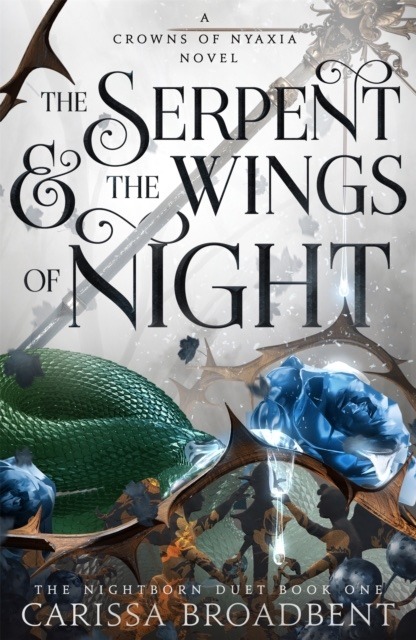


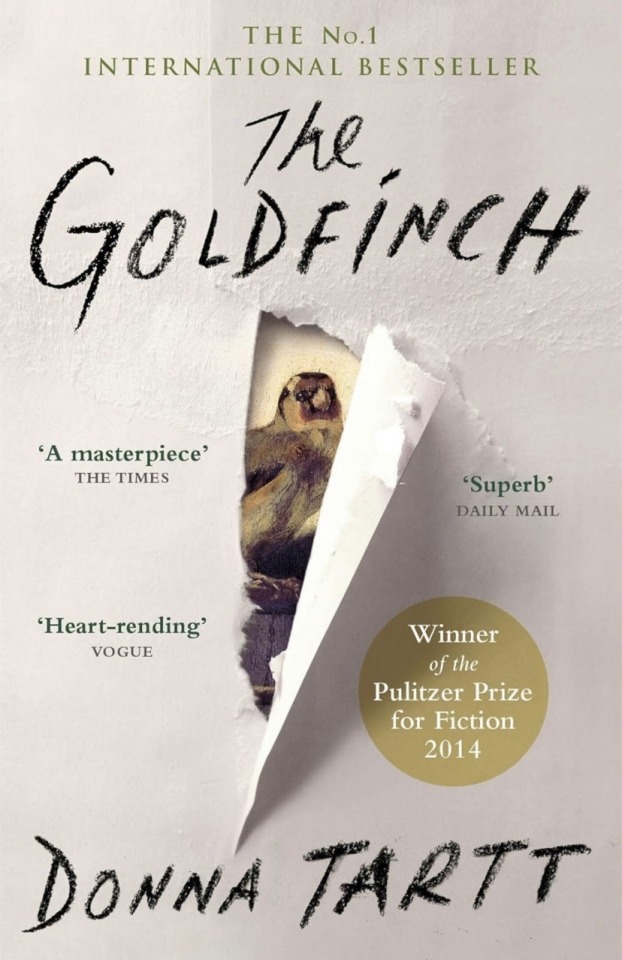
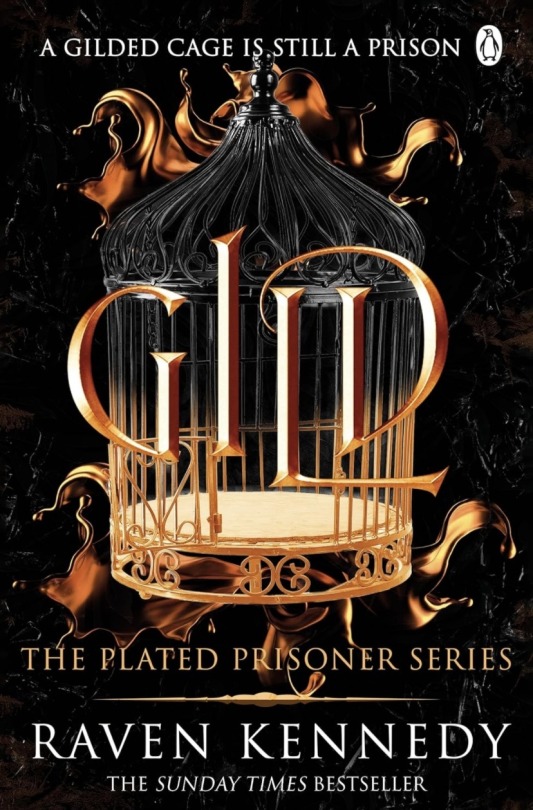
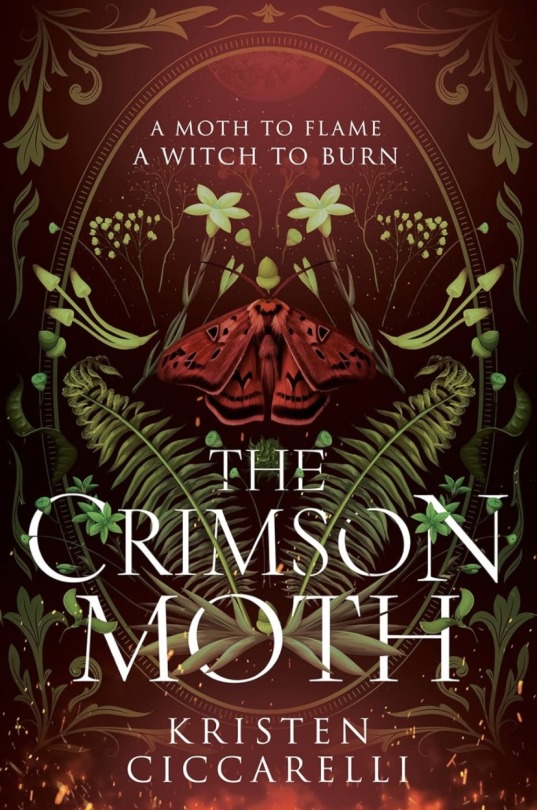
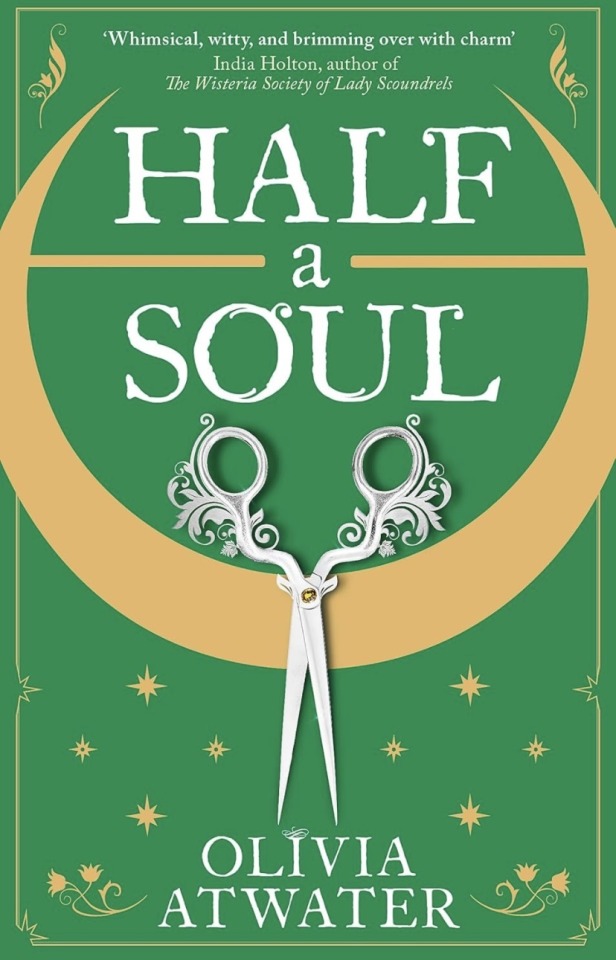
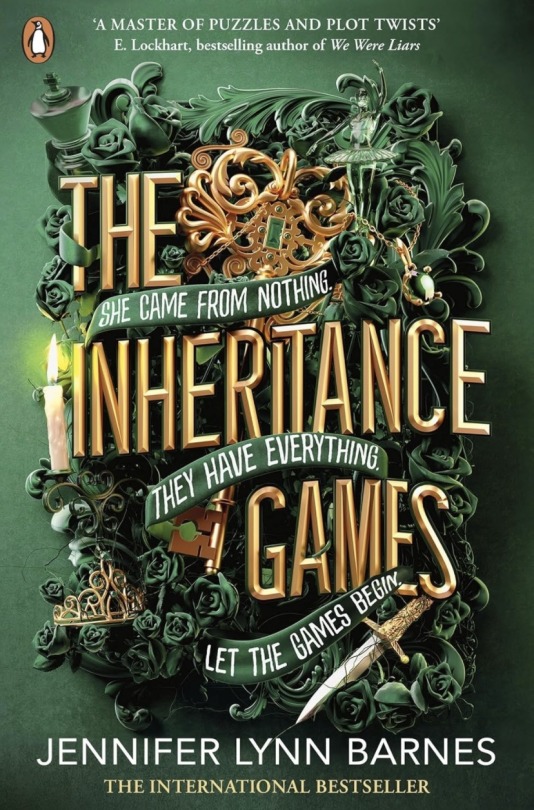
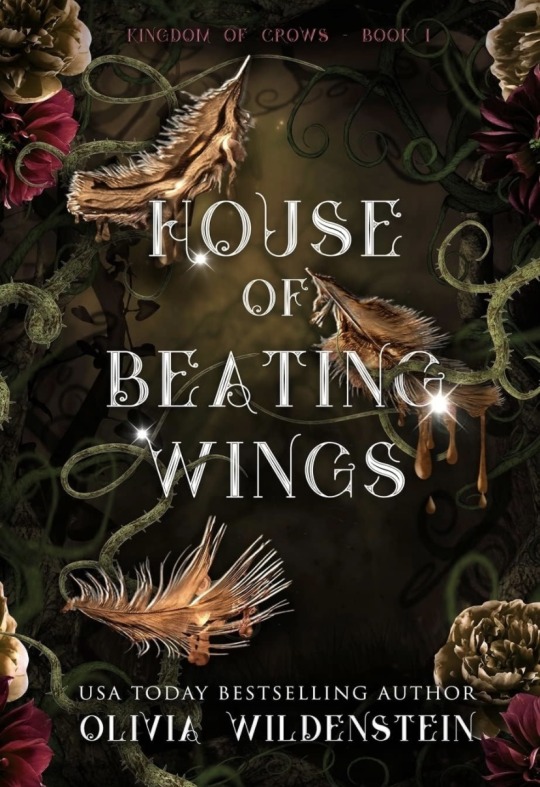
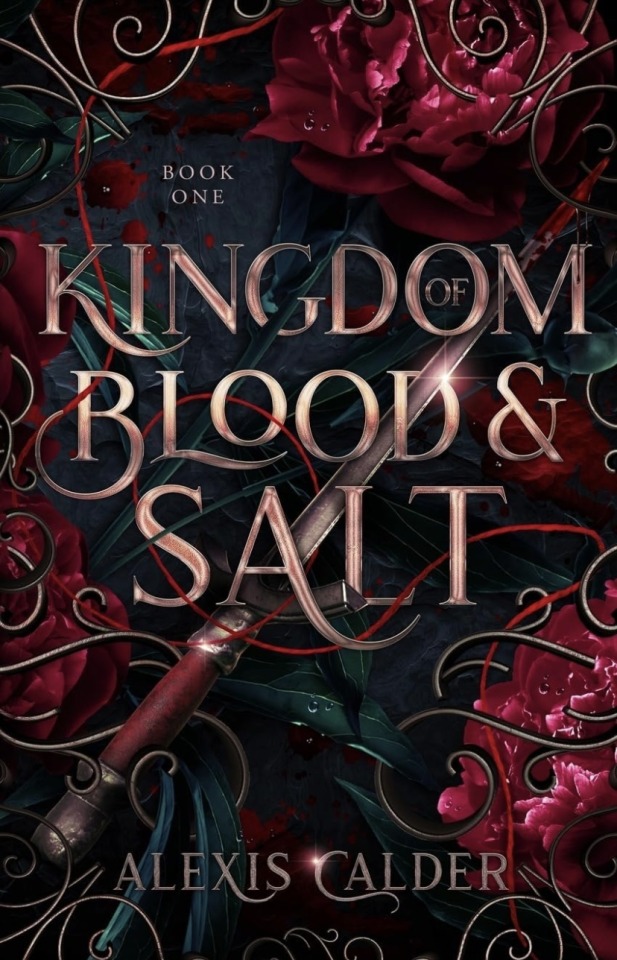
#the serpent and the wings of night#crowns of nyaxia#carissa broadbent#a fate inked in blood#saga of the unfated#danielle jensen#the plated prisoner#gild#raven kennedy#the inheritance games#jennifer lynn barnes#Books#new adult books#na books#ya fantasy#ya books#immortal dark#immortal dark trilogy#tigest girma#the crimson moth#heartless hunter#kristen ciccarelli#the kingdom of crows#House of beating wings#Olivia wildenstein#half a soul#olivia atwater#kingdom of blood and salt#donna tartt#the goldfinch
132 notes
·
View notes
Text
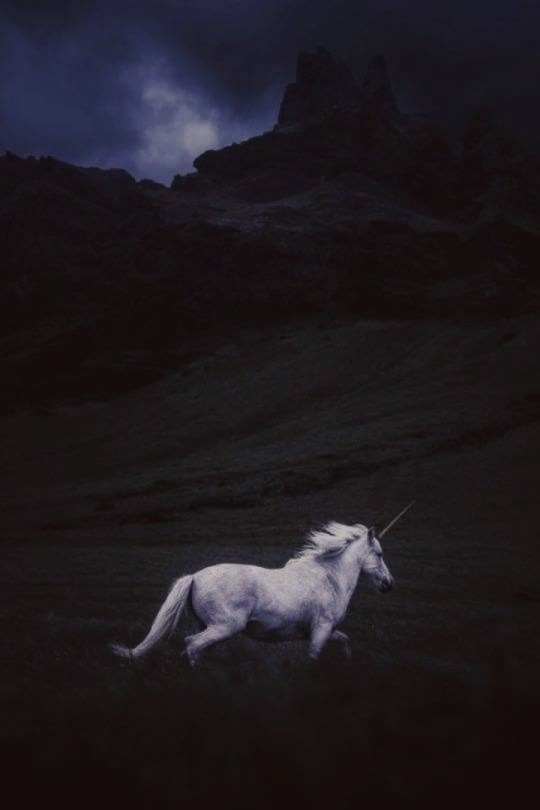
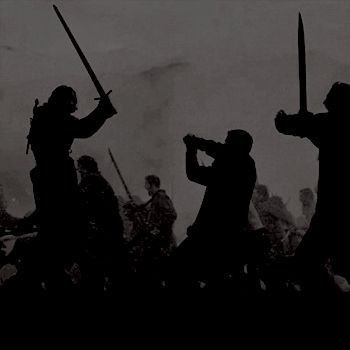
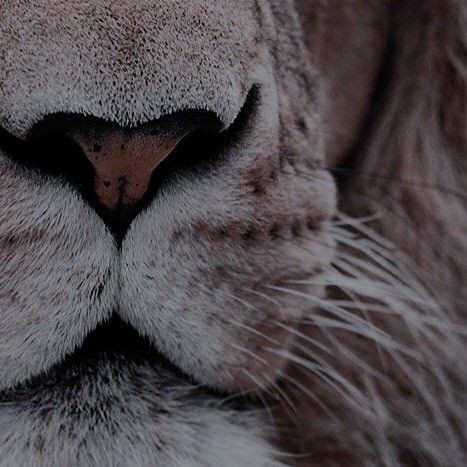
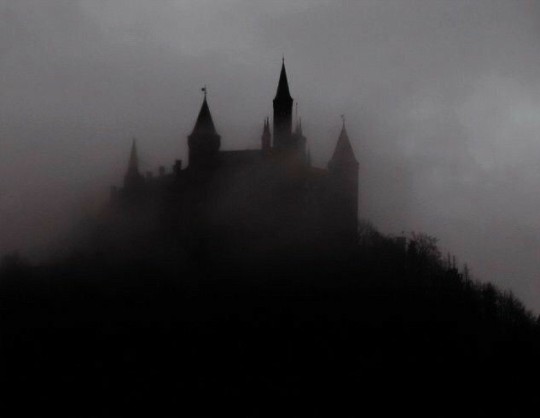
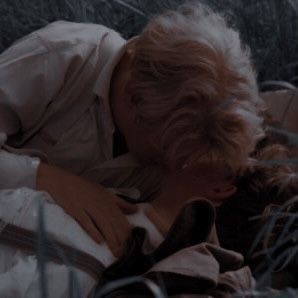
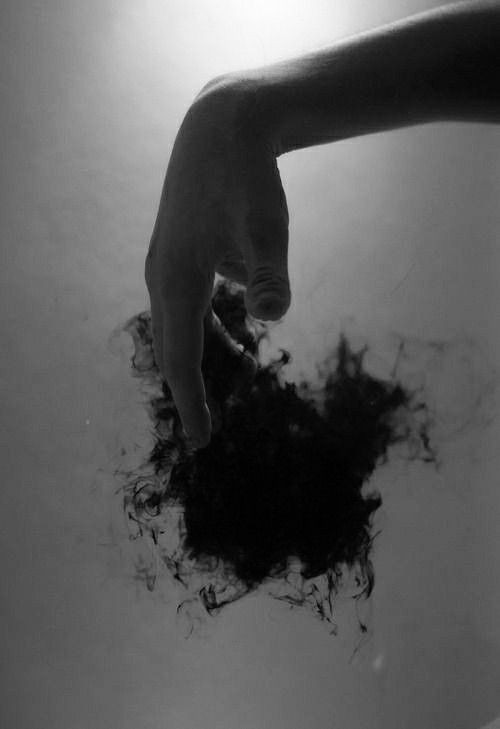
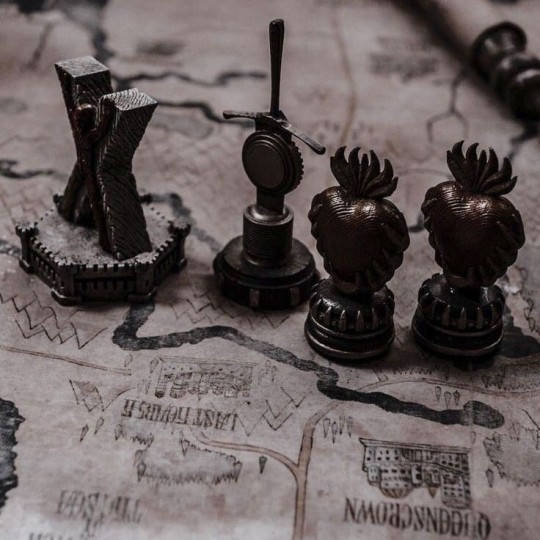
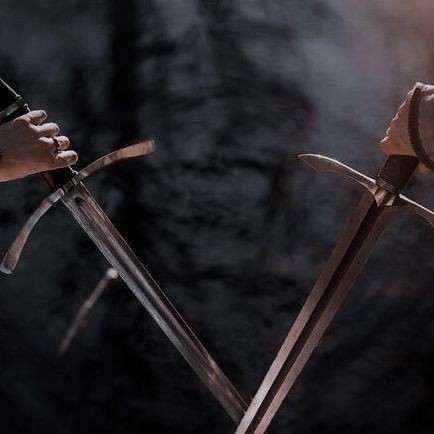
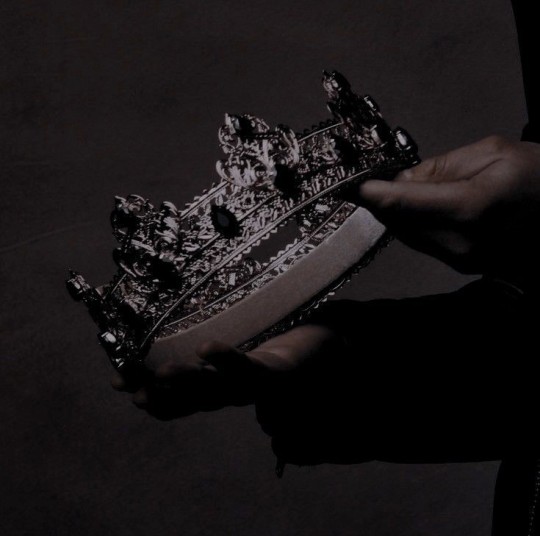
Dark Rise aesthetic
"Long ago, [...] there was a world of wonders – of what you and I might call magic. Great towers and palaces, fragrant gardens and marvellous creatures. In that world, a Dark King rose, growing in power and killing those who stood in his path."
#dark rise#dark heir#trilogy#cs pacat#books#fantasy books#ya books#lgbt books#will kempen#james st clair
71 notes
·
View notes
Text
I've seen some conflicting research results, so I just want to ask.
#indie writer#indie books#indie author#book writing#creative writing#writing#writers#writer#writers and poets#writers on tumblr#writeblr#writerscommunity#fiction#ya fiction#bookblr#fantasy books#Trilogy#tumblr polls#my polls#polls
23 notes
·
View notes
Text
A novella from The Lightning Strike Trilogy ⚡️ ✨️
It's all about the bonds of found family
#lightning strike trilogy#rygaard#book#fantasy#novella#fantasy novel#ya fantasy trilogy#ya trilogy#ya book#ya fantasy#indie author#book series#self published author#self publishing
1 note
·
View note
Text


I wished that love could be simple, that it was always given and returned in the same measure, equally and at the same time, that all the planets aligned in a perfect way to dispel all doubts, that it was easy to understand and never painful.
#reading#books read in 2024#bookblr#books#book photography#book blog#bibliophile#books reading#books and reading#the heart of betrayal#mary e pearson#mary pearson#the kiss of deception#kiss of deception#remnant chronicles#the remnant chronicles#lia x rafe#dalbreck#morrighan#ya#ya fantasy#trilogy#young adult fantasy#first half dragged for me#so much action at the end tho#that ending#was wild#review#three stars#august reads
22 notes
·
View notes
Text

love when Ferrin catches strays

Tark really said "I hate leaving you with an evil evil disgusting rat that is probably gonna betray us... and our buddy Ferrin"
My sweet precious musician
I am so scared for him rn... why is he an important part of the prophecy 😭 That's just a certain death. But maybe! Just maybe! Brandon Mull will spare us just ooonne important character. Maybe Tark is just gonna throw an orantium spear at Maldor and nearly kill him <3 maybe thats enough for his side of the prophecy :D
kinda worried I'm drawing Aram and Tark too similar :,)

HOW IS THIS LIL GUY IN A WAR??😭😭 I LOVE HIM SM😭😭😭😭

I like to think he has fluffy side burns
#hope ya don't mind how I draw Tark :')#also... I drew Ferrin with a cape cuz i was trying to think how he would dress for war#the cape seemed more adventurous and fantasy so i did that#but then I realized that Ferrin would probably just wear his normal cloths because they're short and easy to run in#he would want something that he could easily maneuver in#the beyonders trilogy#tark the beyonders trilogy#the beyonders trilogy tark#the beyonders trilogy fanart#brandon mull#beyonders#rachel the beyonders trilogy#the beyonders trilogy rachel#ferrin the beyonders trilogy#the beyonders trilogy ferrin
6 notes
·
View notes
Text

Me when YA fandoms refuse to acknowledge faults in a narrative that champions the return to the status quo, supports an oppressive absolute monarchy which is outdated even in the frictional world and defend the monarch in question because they have pretty privilege or fit into whatever trope is trendy. Me when fans dismiss the canonical ways the oppressed minority and lower classes suffered and how the author's half-baked explanation on how suddenly every problem is solved was even more harmful for it’s shallow dismissal of how bigotry and persecution actually works within a system and the very real harm that has done to people for thousands of years:

#hard life of a fan#ya fantasy#fandom complaints#fandom commentary#shadow and bone#the grisha series#the grisha trilogy#kos duology#grishanalyticritical#grishaverse#the darkling#aleksander morozova#nikolai lantsov#anti zoya nazyalensky#the hunger games#suzanne collins#the hunger games katniss
92 notes
·
View notes
Text
Caraval
By Stephanie Garber

Rating: 3/5⭐️
Caraval much like the premise, promises more beneath the surface but does little to deliver. It's an entertaining read with a lot going on, however, its lack of an overall cohesive focus at times leaves much to be desired.
Quick Plot Summary:
The story centers around 2 sisters, Scarlett and Donatella (or as she's commonly referred to, 'Tella'). Having lived a life trapped on the Conquered Isle of Trisda and in the clutches of a cruel father, Scarlett has longed for nothing more than to escape it all with Tella by her side. Year after year Scarlett has written to the mysterious Legend in the hopes that an invitation to his infamous 'Caraval' can be her ticket out. One day upon finally receiving such an invitation, Scarlett is whisked away to participate in a competition at this season's Caraval, where the prize is a wish granted and could mean freedom for both Scarlett and her sister Tella. However not all that glitters is gold and whilst Caraval promises the hope of a new future for the girls, it is also a place where the line between fiction and reality is blurred and nothing is as it seems.
Thoughts:
I reread the book for this review. Whilst it is still a fun read overall, if I were to compare it to other books I've read since, it just doesn't hold its own.
At some points it especially feels a little all over the place and that's where my hesitation with giving it anything over 3 stars is found. There is barely any world building which is why at times the book is giving 'no thoughts just vibes.' We are introduced to a world made up of these different Isles and within them the story begins to unfold, that's great and all but not as detailed. Much of the prose given are these lush descriptions which you could argue is done to further push the initial dreamy depiction of Caraval where it seems there are endless possibilities. I, on the other hand, thought it contributed to my feeling as though only the characters and immediate environment took precedence over any further world building.
As for parts of the narrative, I remember specifically that Caraval is supposed to be a competition but early on into the start of such a competition, the other competitors cease to exist and it is simply the reader, Scarlett and Julian. For me personally, it does little to build that competitive atmosphere and that sense of urgency in scrambling for something or someone everyone else is also after.
The characters do little to sustain any interest beyond their 1 defining character trait. Scarlett is the responsible and cautious older sister, Julian is the handsome love interest who encourages her to throw caution to the wind, Tella is depicted as the opposite of Scarlett, the more lively and reckless of the two. Legend is this mysteries, unpredictable and aloof figure with a looming backstory, etc.
I think the book is great if you're just starting to get into YA fanatsy, it's just that after reading more books in the genre it may not stand out as much anymore, however that's simply my opinion.
#caraval#caraval trilogy#stephanie garber#scarlett dragna#donatella dragna#tella dragna#legend#scarlett x julian#tella x legend#books#ya fantasy#romance#fantasy#fantasy book#fantasy books#ya books#book reviews#book thoughts#bookish#booklr#book review#bookblr#books and reading#reading#bookworm#book blog#julian santos#legendary#finale#dante santos
7 notes
·
View notes
Text
Nitpicky pet peeve for published books, I find it extremely grating when a character isn’t doing something they otherwise would and it’s obvious the only reason is the author has decided “X can’t happen yet for the plot”. Because it’s totally fine and reasonable if X can’t happen yet for the plot, but then…come up with a legitimate reason for the character not doing X? Don’t be lazy about it!
(This complaint brought to you by the fact that the protagonist of the book I was listening to was confronted by what he thought was the dead body of the love of his life and went into a blind rage and tried to murder the antagonist who was responsible for her death and he…stopped himself for Reasons that seem to boil down to “she wouldn’t want me to kill someone” except that a) he regularly kills people who have done far less than the antagonist, b) she knows this and is fine with it, c) she would definitely support him avenging her with murder (to be clear she is not actually dead but neither he nor the antagonist know that), and d) this motherfucker (the antagonist) definitely deserves to get murdered. Like…it would have been extremely easy to write it as “he was stopped by the guards in the room” or “the antagonist managed to escape” so the fact that the reason the antagonist is still alive is because the protagonist had a bizarre crisis of conscience resulting in a complete and total personality change is just???????? Please be so fucking serious rn)
#chapel for ts#these guys have beef going back years the protagonist wanted him dead way before this make it make sense#I may still continue when/if I get over my annoyance but I was already on the fence over the reviews#which confirmed that there is still hardly any real development of the romance in this book despite the fact that by the end we’re almost#900 pages into the series (trilogy?)#although I do think part of the issue there is genre confusion#because this feels like it can’t decide if it’s fantasy or romance or adult or ya so it seems to be reluctant to develop the actual romance#even though the relationship between the protagonists is fundamental to the plot#Smdh
17 notes
·
View notes